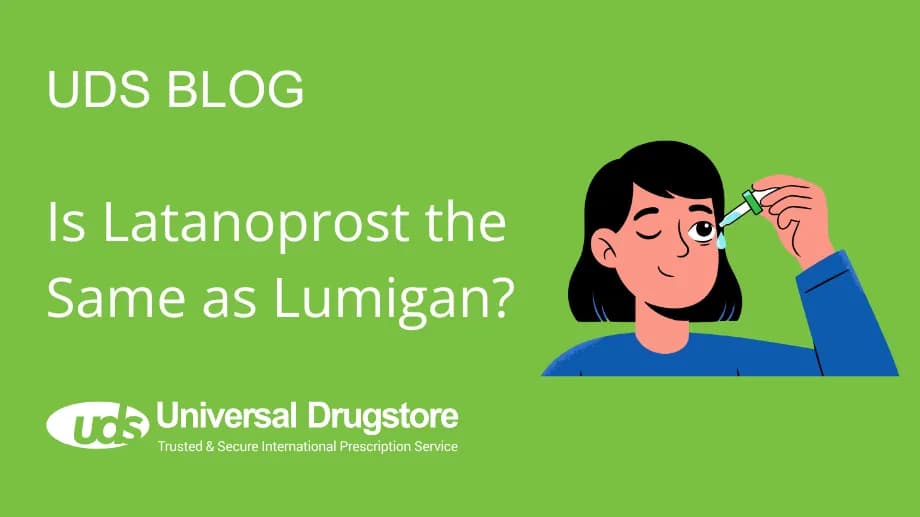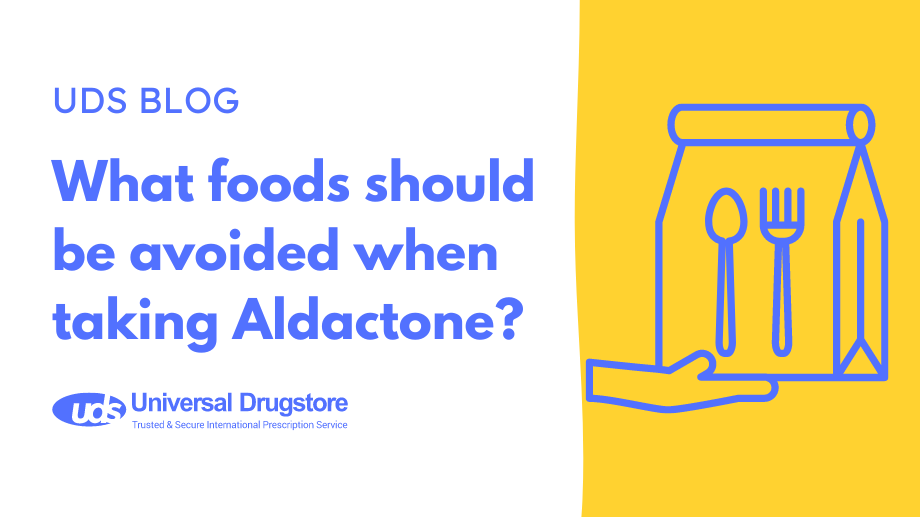What is hypertension?
Hypertension, or high blood pressure, is a condition in which the chronic increased force of blood against your artery walls causes health problems like heart disease. Blood pressure is measured in millimeters of mercury (mm Hg) and recorded as two numbers:
- Systolic pressure: the higher number, measuring pressure when the heart beats
- Diastolic pressure: the lower number, measuring pressure between beats
Normal blood pressure is below 120/80 mm Hg. Elevated blood pressure is 120–129/less than 80 mm Hg. Hypertension is defined as consistently above 130/80 mm Hg. Risk factors include genetics, diet, lifestyle, age, and certain medical conditions. Management involves lifestyle changes, medication, and regular monitoring.
What causes hypertension?
Primary (essential) hypertension
Most cases have no identifiable cause and develop gradually. Risk factors include:
- Genetics and family history
- Age (risk increases with age)
- Race (more common in African American adults)
- Obesity or overweight
- Inactivity
- Tobacco use
- High dietary salt intake
- Low potassium intake
- Excessive alcohol consumption
- Chronic stress
Secondary hypertension
Caused by an underlying condition or medication. Examples include:
- Chronic kidney disease
- Adrenal gland disorders
- Thyroid disease
- Congenital blood vessel defects
- Certain medications (birth control pills, decongestants, NSAIDs)
- Sleep apnea
What are the symptoms of hypertension?
Hypertension is often symptomless. In a hypertensive crisis (very high readings), symptoms may include:
- Severe headache
- Nosebleeds
- Fatigue or confusion
- Vision problems
- Chest pain
- Difficulty breathing
- Irregular heartbeat
- Blood in the urine
- Pounding in chest, neck, or ears
A hypertensive crisis requires immediate medical attention.
How is hypertension diagnosed?
Blood pressure is measured with a cuff (sphygmomanometer) on the upper arm. Categories:
- Normal: <120/<80 mm Hg
- Elevated: 120–129/<80 mm Hg
- Stage 1 hypertension: 130–139/80–89 mm Hg
- Stage 2 hypertension: ≥140/≥90 mm Hg
- Hypertensive crisis: >180/>120 mm Hg
Diagnosis requires multiple readings over time, often including home monitoring or 24-hour ambulatory monitoring. If secondary causes are suspected, further tests (blood, urine, imaging) may be performed.
How is hypertension treated?
Healthy lifestyle habits
- Adopt a DASH-style diet (fruits, vegetables, whole grains, low-fat dairy; reduce saturated fat and cholesterol)
- Limit sodium intake to <2,300 mg/day
- Maintain healthy weight
- Exercise ≥150 minutes/week of moderate activity
- Limit alcohol (≤1 drink/day women, ≤2 drinks/day men)
- Quit smoking
- Manage stress (relaxation techniques, therapy)
- Ensure 7–9 hours of sleep per night
Medications
- Diuretics (e.g., furosemide, spironolactone, hydrochlorothiazide)
- ACE inhibitors (e.g., lisinopril, enalapril) and ARBs (e.g., losartan, valsartan)
- Calcium channel blockers (e.g., amlodipine, verapamil, diltiazem)
- Beta blockers (e.g., metoprolol, atenolol, propranolol)
- Other classes: alpha blockers, central agonists, vasodilators
Monitoring and follow-up
Regular check-ups and blood pressure measurements are essential to adjust treatment and achieve target levels based on individual risk profiles.
What are some complications of hypertension?
- Heart attack and stroke
- Aneurysm formation and rupture
- Heart failure (weakened heart muscle)
- Eye damage (retinopathy, vision loss)
- Kidney damage and eventual failure
- Metabolic syndrome (abnormal glucose and lipid metabolism)
- Vascular dementia from reduced brain blood flow
Sources
- What is High Blood Pressure? American Heart Association. Accessed Apr. 16, 2024.
- New ACC/AHA High Blood Pressure Guidelines Lower Definition of Hypertension. American College of Cardiology. Accessed Apr. 16, 2024.
- Facts About Hypertension. Centers for Disease Control and Prevention. Accessed Apr. 16, 2024.
- Hypertension. World Health Organization. Accessed Apr. 16, 2024.
- Charles L, Triscott J, Dobbs B. Secondary Hypertension: Discovering the Underlying Cause. Am Fam Physician. 2017;96(7):453-461. Accessed Apr. 16, 2024.





